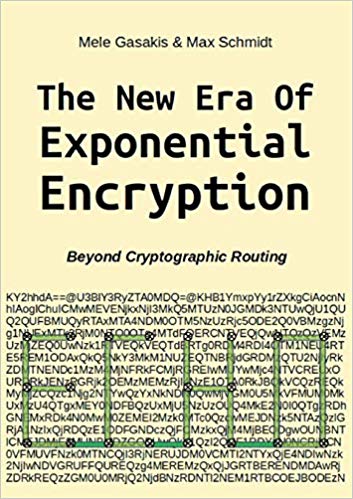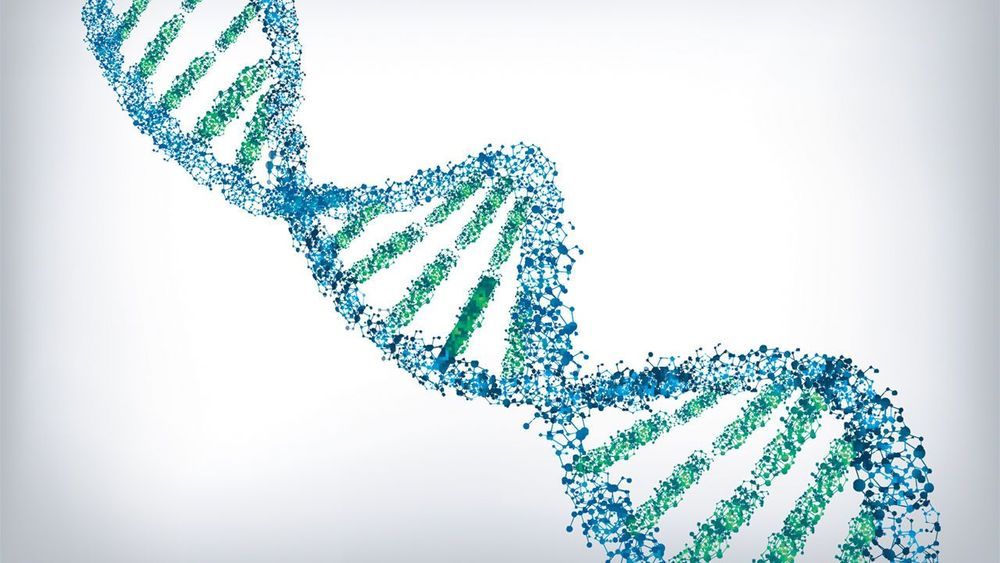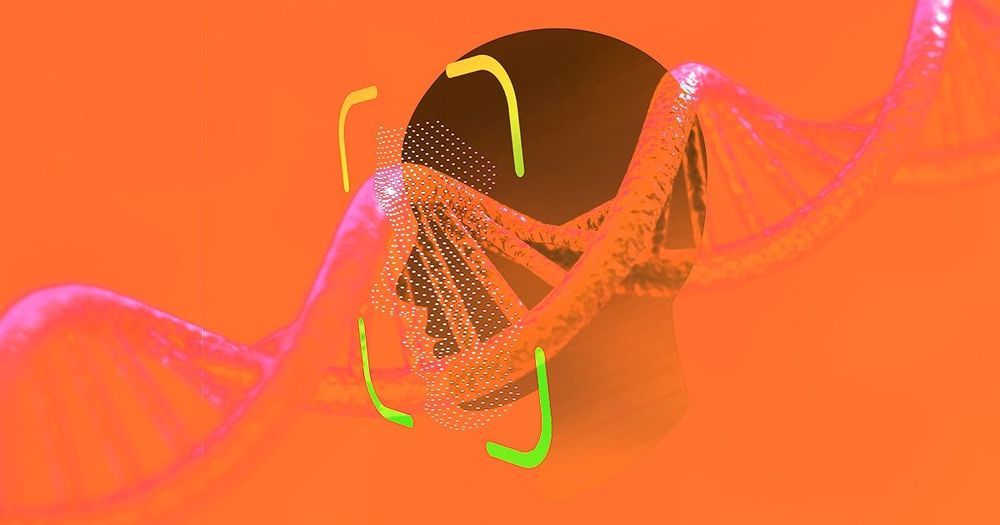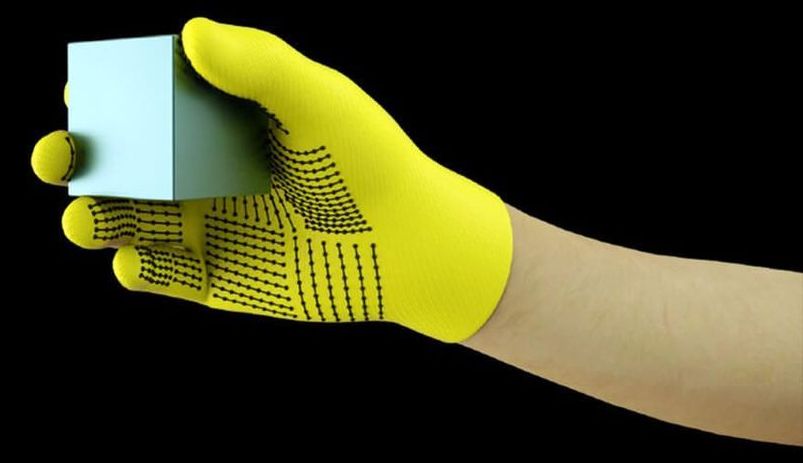
In their book “Era of Exponential Encryption — Beyond Cryptographic Routing” the authors provide a vision that can demonstrate an increasing multiplication of options for encryption and decryption processes: Similar to a grain of rice that doubles exponentially in every field of a chessboard, more and more newer concepts and programming in the area of cryptography increase these manifolds: both, encryption and decryption, require more session-related and multiple keys, so that numerous options even exist for configuring hybrid encryption: with different keys and algorithms, symmetric and asymmetrical methods, or even modern multiple encryption, with that ciphertext is converted again and again to ciphertext. It will be analyzed how a handful of newer applications like e.g. Spot-On and GoldBug E-Mail Client & Crypto Chat Messenger and other open source software programming implement these encryption mechanisms. Renewing a key several times — within the dedicated session with “cryptographic calling” — has forwarded the term of “perfect forward secrecy” to “instant perfect forward secrecy” (IPFS). But even more: if in advance a bunch of keys is sent, a decoding of a message has to consider not only one present session key, but over dozens of keys are sent — prior before the message arrives. The new paradigm of IPFS has already turned into the newer concept of these Fiasco Keys are keys, which provide over a dozen possible ephemeral keys within one session and define Fiasco Forwarding, the approach which complements and follows IPFS. And further: by adding routing- and graph-theory to the encryption process, which is a constant part of the so called Echo Protocol, an encrypted packet might take different graphs and routes within the network. This shifts the current status to a new age: The Era of Exponential Encryption, so the vision and description of the authors. If routing does not require destination information but is replaced by cryptographic in.
Read more


















